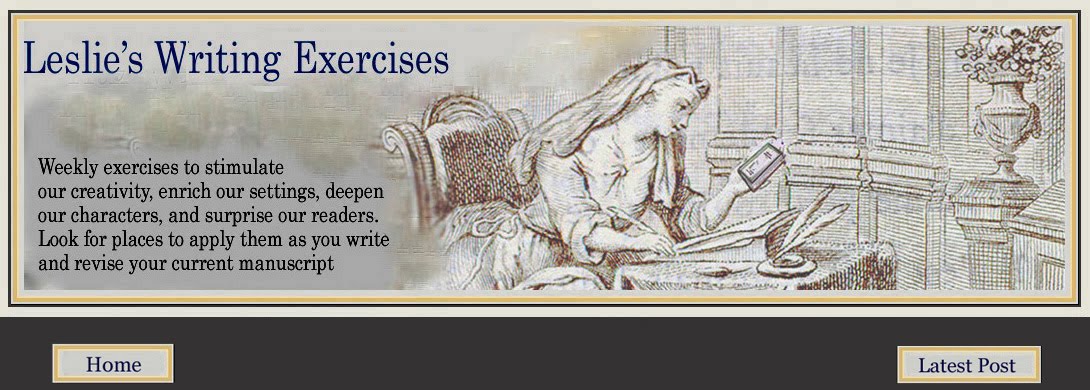Whoops... with all that was going on during the month of November (National Novel Writing Month, for instance) I completely neglected to post anything new in this blog. Next week I'll post another writing exercise (the one about "filtering" in fiction that I mentioned in an earlier post on Beginning Writers). But this week, because we're already ten days into December, I wanted to let you know about something big going on this month over at Martha Alderson's blog on "plot".
As you know, Martha is the Plot Whisperer, and on December 1st her website, Plot Whisperer for Writers and Readers, officially launched the Second Annual International Plot Writing Month. This month, guided by Martha, we take the 50,000 words we wrote during those frenetic days of November and learn how to craft them into "a coherent piece, worthy of publication." Day by day, step by step, the Plot Whisperer guides us through a sort of re-thinking process -- no writing required :-). She helps us sort through our unwieldy manuscripts to find the potentially well-told story within; to prepare ourselves for that second draft; and to ultimately, (beginning in January!) shape the words into a readable, enjoyable, and possibly even publishable final manuscript.
"The first draft of any writing project is considered the generative phase. The muse is often responsible for much of the generative phase. The writer acts as a conduit and allows the inspiration to come through onto the page. The generative phase is all about getting the words on the page.
At the end of the generative phase, a writer is often faced with a manuscript full of holes and missteps, confusion and chaos. This is part of the process in that editing in the generative phase risks stifling the muse, which often results in stagnation.
When a writer completes the generative phase the real work begins—crafting the words into a coherent story."
[From: The Plot Whisperer for Writers and Readers]
So if you have time, and you're ready to take your manuscript to the next level, hop over to the Plot Whisperer and check out International Plot Writing Month for yourself. If you arrive late, and you will if you're just going there now, you can always scroll down and read through the earlier posts from December 1st onward.
Good luck!
See you next week :-)
Leslie











